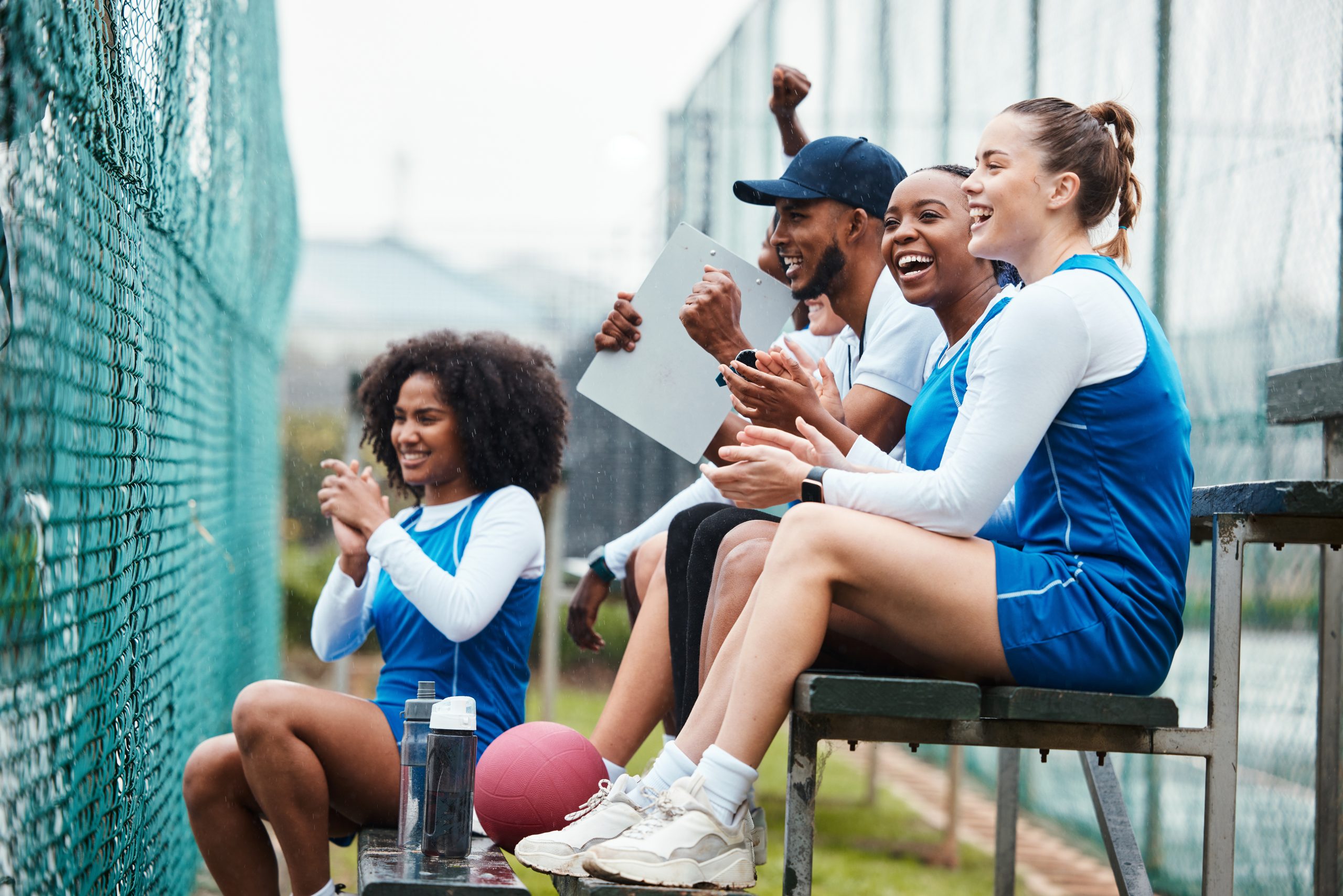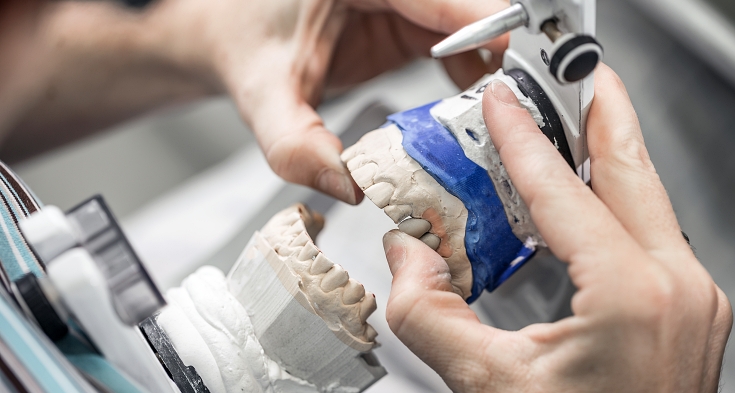
The landscape of college athletics has dramatically shifted with the rise of Name, Image, and Likeness (NIL) legislation. Student-athletes across the U.S. now have the right to monetize their brands, but NIL laws differ significantly from state to state. For student-athletes attending school or residing in Florida, understanding the state’s unique NIL regulations is essential to maximize earning potential while maintaining NCAA eligibility.
At Elevate Legal Services, PLLC, we focus exclusively on NIL law and athlete representation. Based in Boca Raton, our Florida NIL attorneys offer comprehensive legal guidance tailored to help student-athletes capitalize on opportunities while staying fully compliant with state and institutional regulations. For personalized support, call 561-770-3335 or email us at [email protected] for a confidential consultation.
What Is NIL? A Brief Overview for Florida Athletes
NIL—short for Name, Image, and Likeness—refers to an athlete’s legal right to profit from personal brand elements such as endorsements, social media content, merchandise, autograph signings, and paid appearances. Following the 2021 Supreme Court ruling in NCAA v. Alston, the NCAA lifted its longstanding restrictions, paving the way for states like Florida to implement NIL-specific legislation.
Florida’s NIL Law: Key Rules and Athlete Rights
Florida was among the first states to pass NIL legislation, leading the way with Florida Statute 1006.74 (Intercollegiate Athlete Compensation and Rights Act), effective July 1, 2021. Here’s what student-athletes in Florida need to know:
1. Right to Earn Compensation

Florida law allows collegiate athletes to earn income from NIL activities without forfeiting scholarships or eligibility. Athletes can sign endorsement deals, promote brands, and monetize their image, but contracts must comply with state guidelines and school policies.
2. NIL Restrictions in Florida
While Florida empowers student-athletes to profit from NIL, specific limitations exist:
- No Pay-for-Play: Compensation cannot be performance-based or tied to enrollment or continued participation at a specific school.
- No Unauthorized Use of School Marks: Athletes cannot use institutional logos, names, or uniforms without official permission.
- Conflict Avoidance: NIL deals must not conflict with existing university sponsorship agreements.
- Prohibited Endorsements: Endorsing products like alcohol, gambling, tobacco, or adult content is typically restricted by school policy.
3. Disclosure Requirements
Florida student-athletes must disclose NIL contracts to their educational institution, typically within seven days of signing. Failure to report can lead to institutional penalties and jeopardize NCAA eligibility.
4. Representation Rights
Florida law permits athletes to hire licensed agents, attorneys, and marketing professionals to negotiate NIL deals. Legal representation is critical to ensure contracts are fair, enforceable, and aligned with long-term brand and career goals.
How Florida's NIL Law Stands Out
Compared to other states, Florida’s NIL framework is relatively robust yet specific. While some states impose fewer restrictions or more lenient reporting requirements, Florida emphasizes transparency, compliance, and protection for both athletes and institutions. Athletes transferring into or out of Florida must understand these differences to avoid compliance issues.
Why You Need an NIL Attorney in Florida
Managing NIL opportunities requires more than just marketing savvy. A Florida NIL attorney helps you navigate the fine print, secure your rights, and avoid legal missteps. At Elevate Legal Services, PLLC, our legal team offers:
- Contract Review & Negotiation: Ensure fair compensation, performance clarity, and protection from exploitative terms.
- Compliance Oversight: Maintain eligibility with NCAA and Florida regulations.
- Brand & IP Protection: Safeguard trademarks, likeness rights, and digital assets.
- Dispute Resolution: Handle legal conflicts with sponsors, schools, or agencies with strategic expertise.
Avoid These Common NIL Contract Pitfalls
Florida athletes must stay alert to common legal challenges in NIL agreements. Our attorneys recommend avoiding:
- Vague Compensation Terms: Insist on clear definitions of payments, deliverables, and timelines.
- Restrictive Exclusivity Clauses: Limit clauses that could prevent future partnerships.
- Ambiguous Contract Duration: Spell out contract end dates and renewal terms.
- Unclear Termination Provisions: Include exit clauses that protect your interests in case of contract breach.
Why Elevate Legal Services, PLLC Is Florida’s NIL Law Authority
Student-athletes across Florida turn to Elevate Legal Services, PLLC, for proven NIL legal expertise. Here’s what sets us apart:
- NIL-Focused Legal Practice: Our attorneys specialize exclusively in Florida NIL law and athlete representation.

- Personalized Athlete Support: Tailored legal strategies based on your specific goals and circumstances.
- Track Record of Success: From endorsement deals to intellectual property protection, we’ve helped Florida athletes win.
Proactive Legal Guidance: Stay ahead of policy changes and compliance risks with ongoing support.
Secure Your NIL Future in Florida—Take the Next Step
If you’re a college athlete in Florida—or planning to enroll at a Florida institution—it’s critical to take proactive control of your NIL rights. Secure your future, avoid legal pitfalls, and maximize your brand value with expert legal support.
Call561-770-3335 or email[email protected] to schedule a confidential consultation with Elevate Legal Services, PLLC.
Final Thoughts: Navigate NIL Law with Confidence
Florida’s NIL law offers game-changing opportunities—but also comes with complex legal and compliance challenges. With the right legal guidance, you can confidently monetize your talent while preserving eligibility and protecting your brand.
Let Elevate Legal Services, PLLC, guide your NIL journey every step of the way. Call 561-770-3335 or email [email protected] today to get started.





